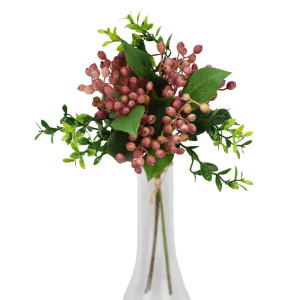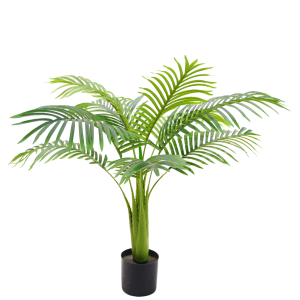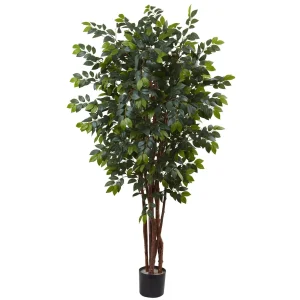
As a business professional, understanding the logistics and transportation attributes of wholesale artificial flowers manufacturers can significantly enhance your supply chain efficiency. This article will delve into how these manufacturers operate, particularly focusing on their shipping characteristics and their commitment to sustainable practices through alternative fuels and energy sources.
The Shipping Dynamics of Wholesale Artificial Flowers Manufacturers
Wholesale artificial flowers manufacturers are pivotal in providing high-quality products that cater to various markets, from retail florists to event planners. One key aspect of their operations is the efficient transportation of goods. These manufacturers often utilize advanced packaging techniques that not only protect delicate items during transit but also optimize space for cost-effective shipping. Furthermore, many have begun integrating alternative fuels and energy sources into their logistics strategies, reducing carbon footprints while maintaining timely deliveries.
The Role of Artificial Tree Suppliers in Alternative Fuels and Energy Sources
artificial tree suppliers play an essential role within the broader context of wholesale artificial flower manufacturing by promoting sustainability through innovative practices. Many suppliers are now adopting eco-friendly materials for production and utilizing renewable energy sources in their manufacturing processes. This shift not only enhances product appeal but also aligns with growing consumer demand for environmentally responsible options. By leveraging alternative fuels in transportation as well, these suppliers contribute positively to reducing greenhouse gas emissions associated with traditional freight methods.
A Closer Look at TrustFloral’s Commitment to Alternative Fuels and Energy Sources
TrustFloral stands out among its competitors due to its proactive approach towards sustainability within the wholesale artificial flower industry. The company has implemented several initiatives aimed at minimizing environmental impact—ranging from sourcing biodegradable materials for its products to investing in electric vehicles for distribution purposes. TrustFloral’s dedication extends beyond mere compliance; it actively seeks partnerships with organizations focused on renewable energy projects, ensuring that every step—from production to delivery—is aligned with green principles.
Conclusion

In summary, wholesale artificial flowers manufacturers are increasingly recognizing the importance of sustainable practices within their operations—particularly regarding transportation attributes linked to alternative fuels and energy sources. By embracing innovative solutions like those seen at TrustFloral or other leading suppliers, businesses can not only improve operational efficiencies but also meet evolving consumer expectations around environmental responsibility.
